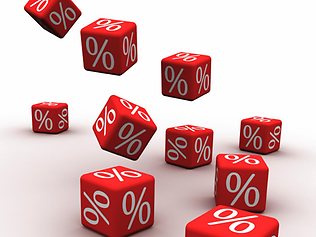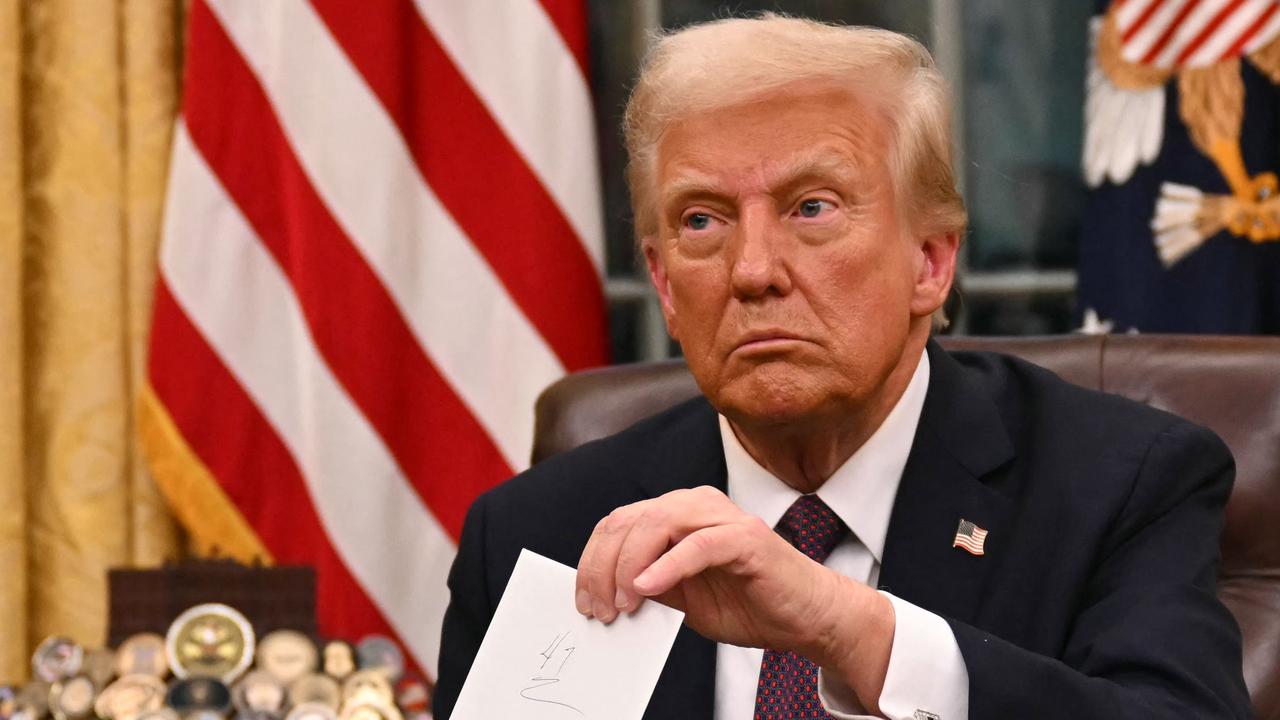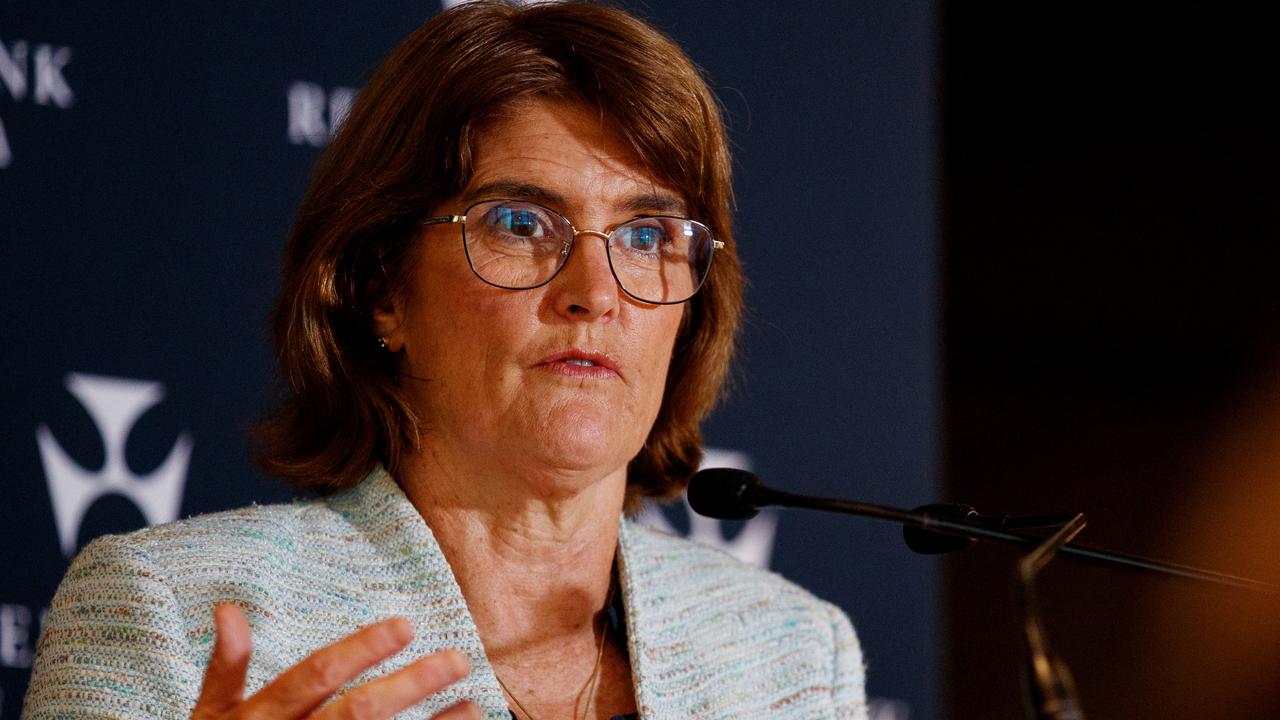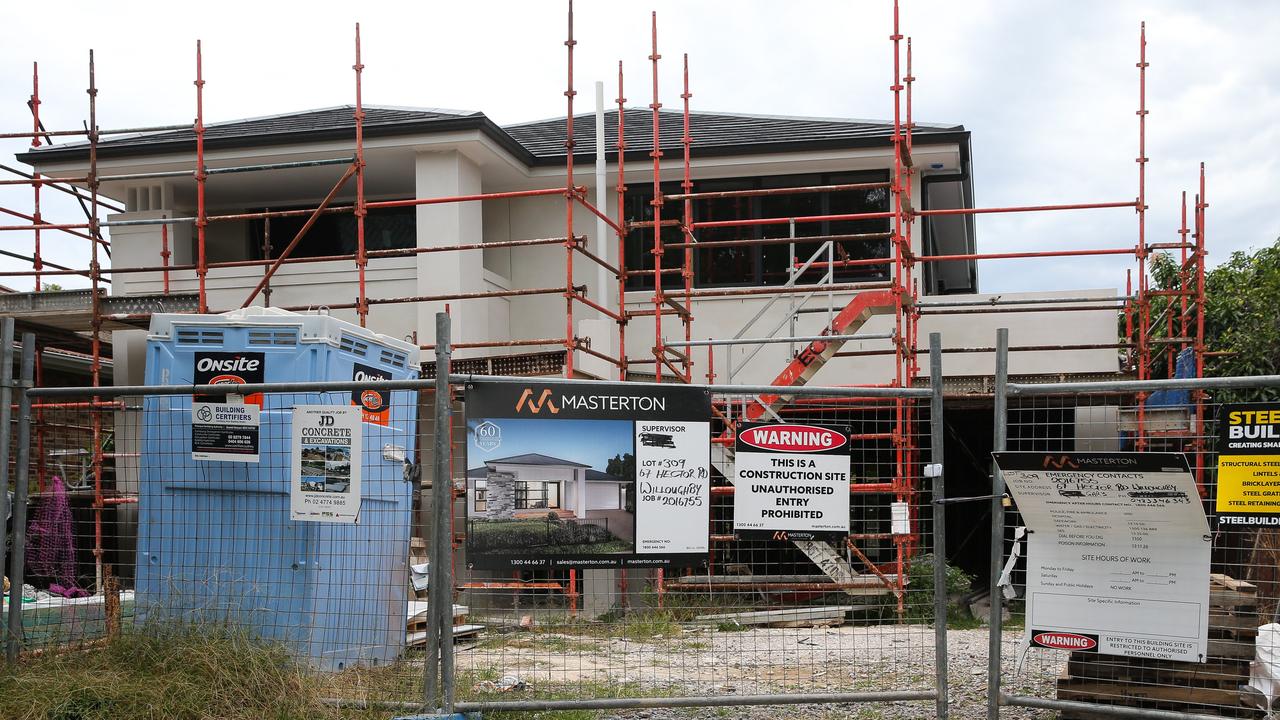Reserve Bank rates decision was the 'rise we needed'
RESERVE Bank, CBA should be thanked for giving economy what it needs, writes Terry McCrann.

SO THE favourite went down at both 2.30 and 3pm yesterday.
So You Think didn't win at Flemington but RBA Governor Glenn Stevens delivered the rate rise I thought he would.
Three cheers for him and two cheers for Commonwealth Bank CEO Ralph Norris, who promptly added 20 points for his home loan borrowers to the 25 points from Stevens.
Be grateful that both decisions are made by central and commercial bankers respectively -- and not by politicians, and nor for that matter business lobbyists, journalists and editors.
Most of the latter would not have delivered the RBA rise; and almost without exception they would not have added the CBA extra. Indeed, sight unseen, I'm confident the CBA will get a lashing from the media today.
Neither Mr Stevens nor even more so Mr Norris are going to be flooded with "thank you cards" this Christmas. But they should, especially Mr Stevens.
The reason Mr Stevens moved is captured in the graph of commodity prices published by the RBA on Monday.
This showed we are in the middle of the greatest commodity boom in our history. Our commodity prices are running at triple the level of the 1980s and 1990s.
This is pouring a tsunami of money into the country, and along with it sparking the mother of all investment booms.
Mr Stevens has embarked on raising rates into this income and spending wave so as to avoid a runaway inflationary boom and inevitable bust; crucially to build sustainable strong growth.
Thank goodness then for the CBA. Huh?
Whereas before yesterday, Mr Stevens would have preferred the banks to go directly, saving him from going at all; now the CBA double-up helps him.
It means he can -- and will -- sit out December. Without the top-up he would have really had to consider very seriously hiking in two successive months.
There are two big points to be made about the CBA move and why that sort of decision is best left to it.
First, any attempt to impose artificial ceilings on -- whether by "moral suasion", the polite term for politicians shooting off their all-too frequently open mouths, or more direct intervention -- will hurt borrowers more than it helps them.
Banks will just cut or stop lending if they can't charge an appropriate price.
Second, any move whether made knowingly or through stupidity, to reduce bank profits, is the first step to making people lose confidence.
Stopping the CBA hiking would be self-defeating.
It would simply mean an extra rate increase from the RBA.



